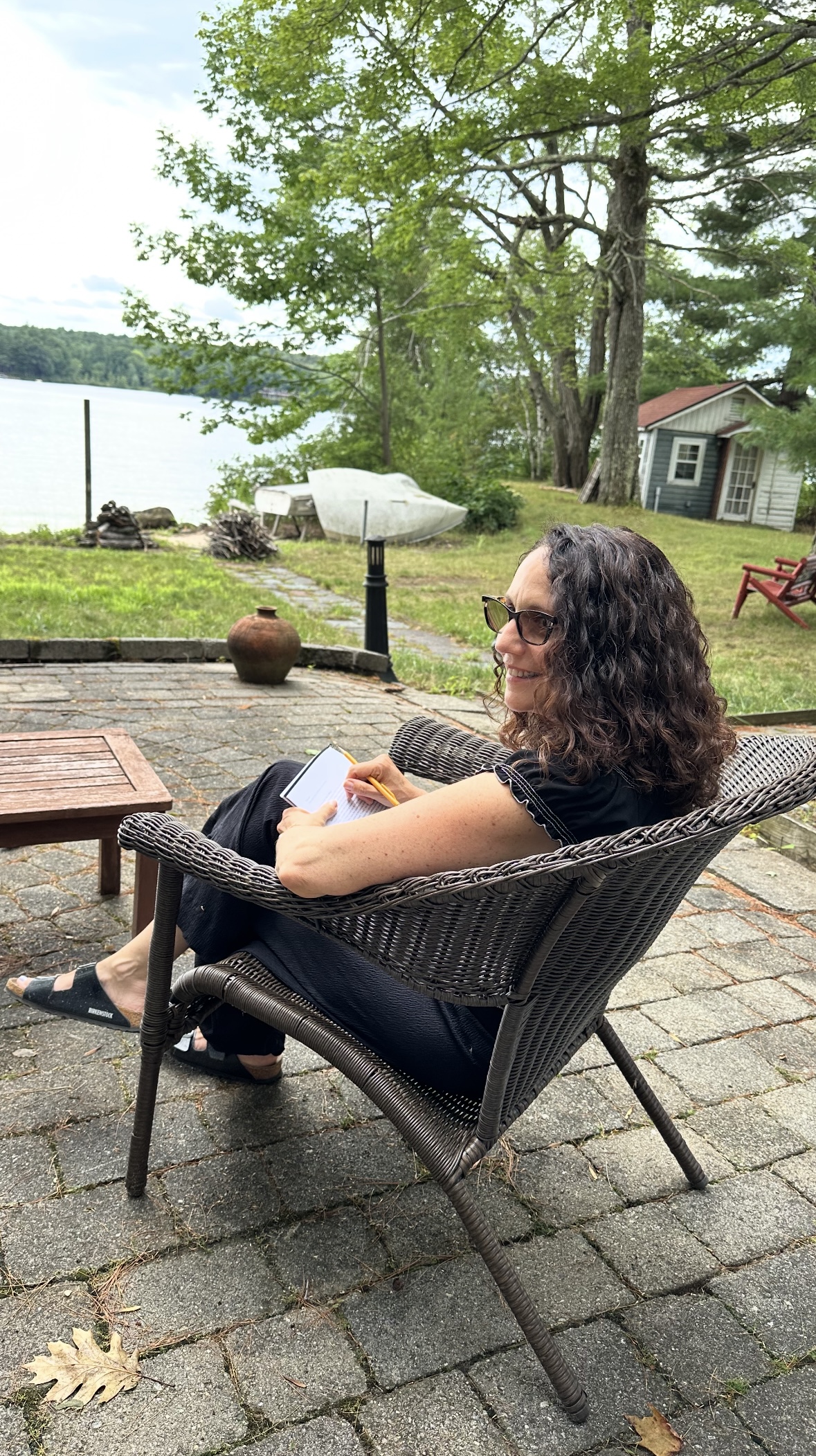Have you ever had a partner, friend, or boss say something that instantly made you feel defensive? That immediate urge to protect ourselves is natural—it’s human. But what if, instead of pushing back, we paused and asked: “What part of this might be true?”
I used to struggle with this. After visiting friends or spending time with our kids, my husband would sometimes give me feedback about how I phrased something or the tone I used. My instinct? Defensiveness. I’d feel hurt, dismiss his input, and mentally justify why I had been right.
Over time, though, I started shifting my approach. Instead of outright rejecting his feedback, I asked myself if there was any truth to what he was saying. This small but powerful change disarmed my defensiveness. Even if I didn’t fully agree, I could at least acknowledge his perspective and intent.
A moment that showed just how much I had changed happened a few months ago when my brother visited from Australia. He corrected my pronunciation on something and then immediately apologized. Before I could even say anything, my husband jumped in and said, “That’s okay, she likes to hear feedback.” It stopped me in my tracks. He had noticed the shift in me, too. I walked over and gave him a hug, because it was such a clear sign—not only was I thinking differently, but others could see it as well.
A Mindset Shift for Growth
Shifting our mindset to find even a sliver of truth in feedback can open new pathways for growth and understanding. It doesn’t mean blindly accepting all criticism, but it does mean staying open to the possibility that feedback—especially when it stings—might have something valuable to offer.
Next Time You Feel Defensive, Try This:
- Take a Deep Breath: Give yourself a moment to pause before reacting.
- Reflect Before Responding: Ask yourself, “Is there any truth in this?”
- Consider Even 10%: Even if most of the feedback feels off, could some part be valid?
- Look for Patterns: Have you heard similar feedback before? If so, there might be something to explore.
- Seek Another Perspective: Ask a trusted friend or colleague if they see truth in the feedback.
Opening the door to what could be true is also opening the door to better communication. When we embrace feedback as an opportunity rather than a threat, we create space for growth—not just for ourselves, but in our relationships, too.
Let’s welcome these moments as chances to become better versions of ourselves.
